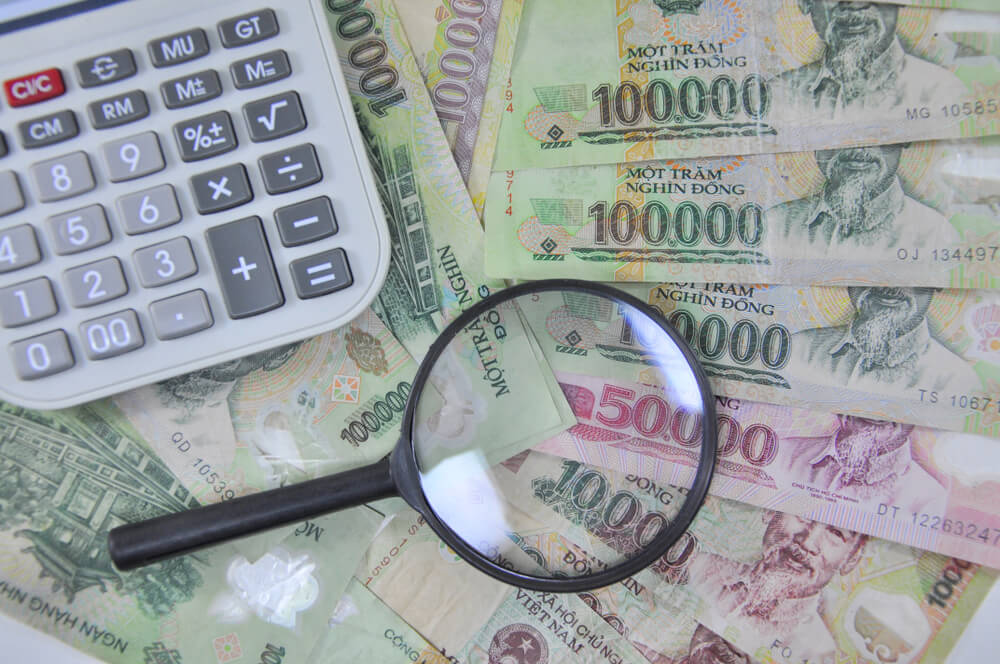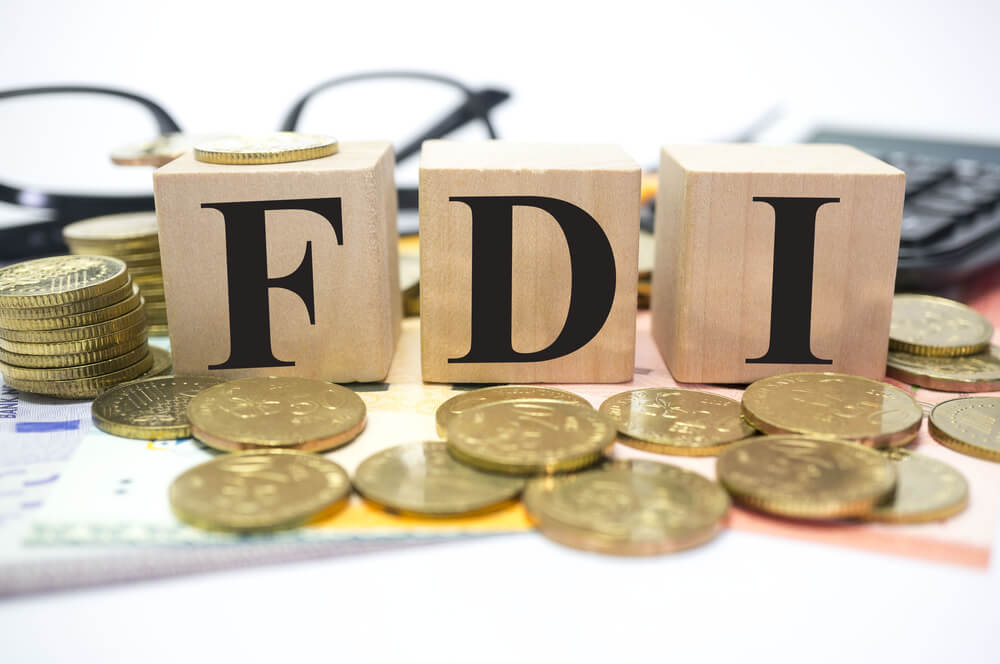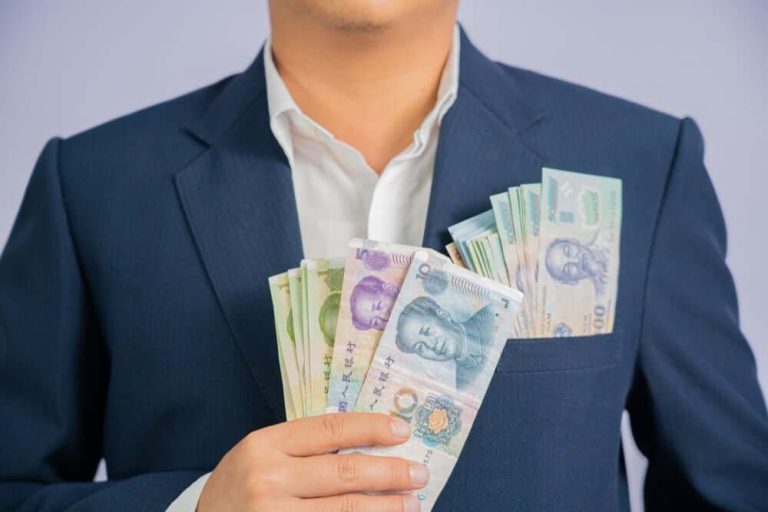The Vietnamese economy has a dynamic and rapidly evolving landscape, reflecting a remarkable journey of transformation and resilience. The story of her coin is very interesting, to say the least. Let's collect more information about Forex Dong.
First, it is necessary to know more about the country and its economy. Over the past few decades, Vietnam has transformed from a predominantly agricultural society to a more industrialized, market-oriented economy, resulting in significant improvements in living standards and a significant reduction in poverty.
This transformation has been based on strong economic reforms, strategic integration into the global economy, and a focus on promoting an enabling environment for trade and investment.
Vietnam is among the fastest growing economies in Asia, with its GDP seeing impressive growth rates since the 1990s. This growth was driven by a range of factors, including increased industrialization, increased exports, and significant foreign direct investment.
The country has become a major center for manufacturing, especially in electronics, textiles, and footwear, benefiting from its strategic location, competitive labor costs, and an increasingly skilled workforce.
Interesting facts about forex dong
The Vietnamese Dong is denoted with the currency symbol VND and is issued by the State Bank of Vietnam. One important thing to note is that VND is a non-convertible currency, which means it cannot be freely exchanged on the international market.
The Vietnamese Dong occupies a special place in Forex trading, marking its presence as one of the distinctive currencies that command attention. Being the official currency of Vietnam, the dong has seen notable variations in market performance, shaped by a combination of economic and political dynamics. This historical examination aims to reveal the pivotal moments and trends that influenced the course of the dong in the Forex industry.
The dong's journey through the Forex market began in 1978, following Vietnam's decision to unify the dual exchange rate system under a single framework. Originally, the currency was tied to the US dollar at a predetermined rate, in an attempt to ensure its stability and attract foreign capital.
However, as Vietnam shifted toward a market-driven economy in the late 1980s, the dong underwent several devaluations to more closely match its actual market value. These adjustments were largely driven by the desire to enhance export viability and maintain economic competitiveness.
Main contributing factors
Several factors affect the valuation of the local currency, such as inflation rates, monetary policy, the pace of economic growth, and the trade balance. For example, if Vietnam experiences high inflation levels, the value of the Vietnamese national currency may decline relative to other major currencies. On the other hand, continued economic expansion and attracting foreign investment could cause the value of the VND to rise.

Although the Vietnamese Dong does not directly participate in the international Forex market, traders can still deal with it through indirect means. A common approach is via currency pairs that feature VND, for example, USD/VND or EUR/VND pairs. This method enables traders to make speculative moves on the value of the dong in relation to important currencies such as the US dollar or the euro.
Understanding these factors requires delving into the economic principles, historical contexts, and geopolitical dynamics that shape the Vietnamese financial system.
Economic indicators
Vietnam's economic health is the main factor in determining the value of the dong. Rapid economic growth, characterized by increased industrial production, booming exports, and foreign direct investment, usually strengthens the currency. The country has moved from a primarily agricultural economy to a more industrial and service-oriented economy, which has greatly affected its GDP, and thus the value of its currency.
Inflation rates
Inflation, or the rate at which the general level of prices for goods and services rises, erodes purchasing power and can devalue a currency. The State Bank of Vietnam (SBV), the country's central bank, uses monetary policy tools, including interest rate adjustments, to manage inflation and stabilize the dong.
Trade balances
Vietnam's trade balance, which is the difference between export earnings and import expenditures, also affects the strength of the dong. A positive trade balance, or surplus, means that a country earns more from its exports than it spends on imports, which supports the value of the currency. Conversely, a trade deficit can put downward pressure on the local currency.
Vietnam's strategic location and participation in various free trade agreements have greatly influenced trade dynamics.
direct foreign investment
We cannot forget about foreign direct investment when it comes to Forex. Foreign direct investment is crucial to Vietnam's economic development and the strength of the local currency. Investments from foreign companies bring capital, technology and expertise into the country, boosting economic growth and thus currency strength. Policies aimed at attracting foreign direct investment, such as improving business environments and legal frameworks, have a direct impact on currency performance.

Political stability
Political stability in Vietnam contributes to economic confidence and thus currency strength. Consistent policies and stable government encourage investment and economic growth. Conversely, political turmoil or uncertainty can erode confidence and negatively impact the currency.
Global economic conditions
The global economic environment, including the health of major economies and international trade relations, affects the local currency. For example, a slowdown in global demand can reduce export earnings, while international financial crises can lead to capital outflows, both of which affect the value of a currency.
The effect of the US dollar
Given the US dollar's dominance in global trade and finance, its strength compared to other currencies can greatly influence the dong. A strong dollar could devalue the local currency, especially in trade-related matters, given Vietnam's large export sector.
Public debt and fiscal policy
Public debt and financial management in Vietnam affect confidence in the economy and currency. Prudent fiscal policies and sustainable debt levels contribute to achieving economic stability and supporting the value of the dong.
Technological progress and digitalization
The rise of digital finance and cryptocurrencies poses new challenges and opportunities for traditional currencies like the dong. The adoption of digital payment systems and the potential introduction of digital currencies by the central bank could affect the use and value of the currency in the future.
In short, the Vietnamese dong operates within a multifaceted economic landscape influenced by domestic and international factors. From economic growth and trade balances to inflation rates and global economic conditions, a range of variables affect its value and stability.
As the country continues to integrate into the global economy, the dong's performance will remain a critical measure of Vietnam's economic health and prospects.

